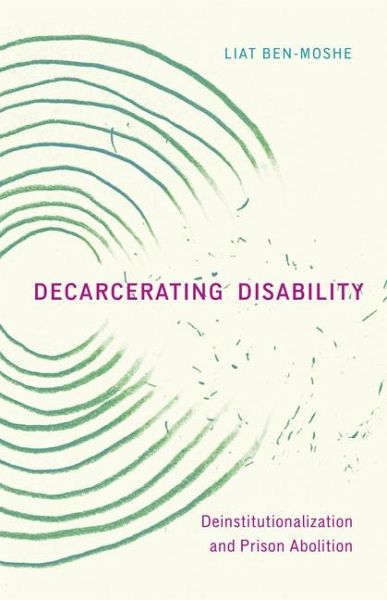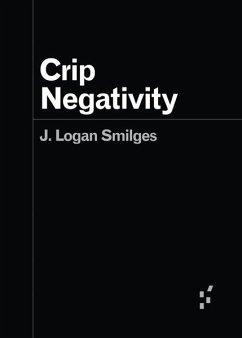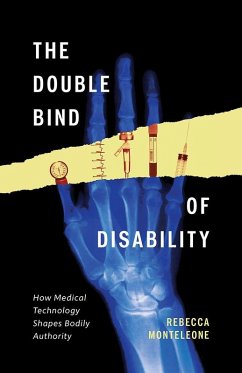
Decarcerating Disability
Deinstitutionalization and Prison Abolition
Versandkostenfrei!
Versandfertig in 2-4 Wochen
38,99 €
inkl. MwSt.

PAYBACK Punkte
19 °P sammeln!
This vital addition to carceral, prison, and disability studies draws important new links between deinstitutionalization and decarceration Prison abolition and decarceration are increasingly debated, but it is often without taking into account the largest exodus of people from carceral facilities in the twentieth century: the closure of di












